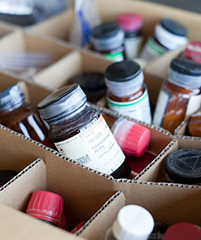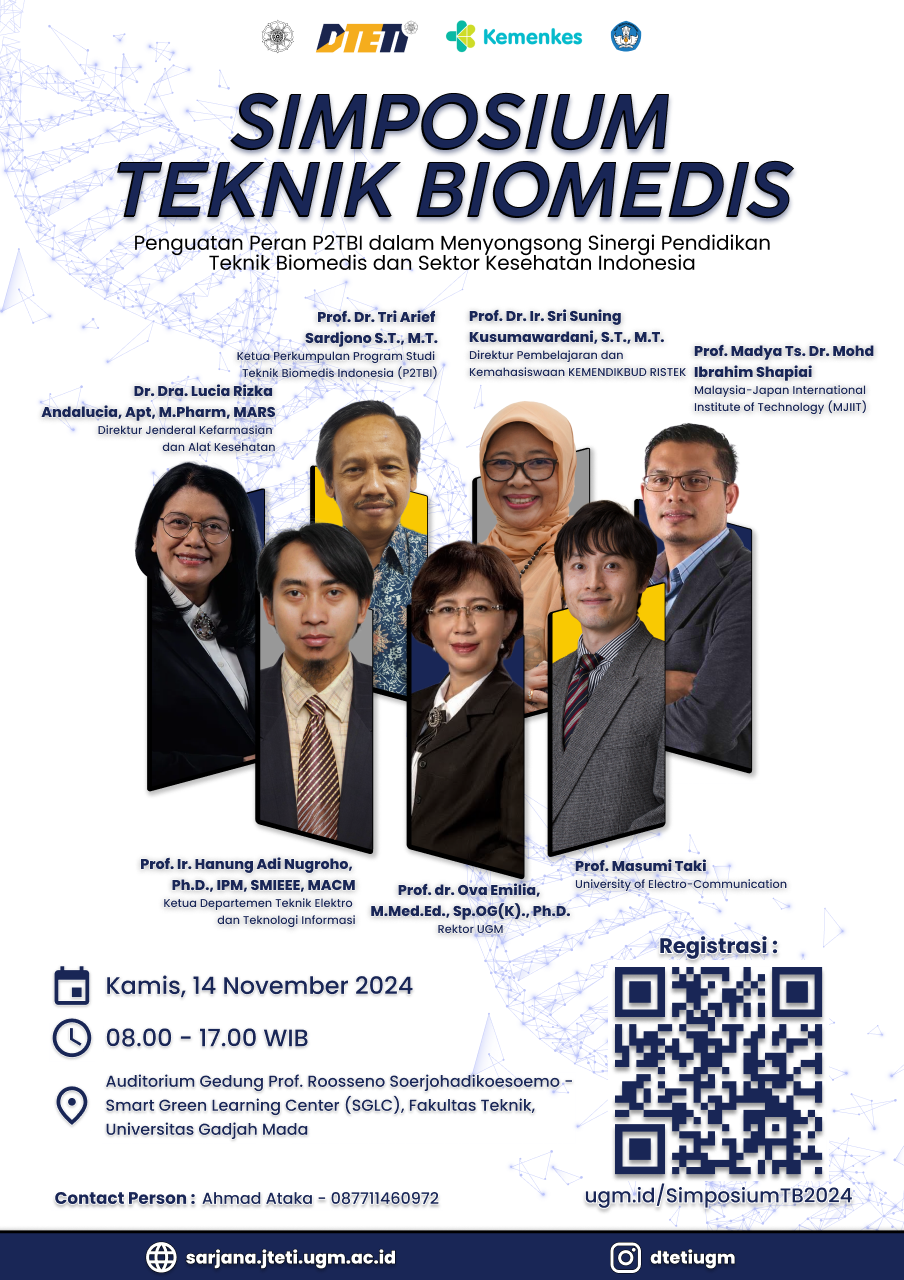
Welcome to the Website of Taki Laboratory
Message

Our goal is to reduce drugs. To reduce the
amount/frequency/dose, we are inventing fundamental technologies on targeted drugs, such
as developing combinatorial screening of BIOmolecular Targeted Covalent Inhibitors
(bioTCIs). Also, we aim to educate students by doing such tough researches that meet the
quality of world-wide standards. We strongly promote lab members to take their own risks to
conquer the very first findings which have never ever attained
News
- 2025.12.15
-
At PACIFICHEM 2025 (the Pacific Basin Conference on Chemistry), Masumi Taki delivered an invited oral presentation.
Symposium: From Molecular Diagnostics to Therapeutics with Aptamers (#CLH016)
Title: ARCaDia: Single-Round Screening of a DNA-Type Targeted Covalent Binder Possessing a Latent Warhead (12/15, 11:00–11:20; Session Host: Yingfu Li)
In this talk, I introduced the history of our laboratory’s combinatorial selection of bioTCIs (mid-sized biomolecular targeted covalent inhibitors), which we have been developing at the fundamental level since around 2013. In particular, I presented the design and applicability of the ARCaDia method as an ultrafast, single-round screening platform. I would like to thank the audience for their discussions and valuable feedback, as well as the organizers, including Prof. Maxim V. Berezovski (University of Ottawa, Canada) and Prof. Kuwahara (Nihon University), and all others involved. On 12/18/2025, I also had the opportunity to visit Prof. MacPherson’s laboratory at the University of Hawaiʻi; thank you very much for hosting me despite the busy year-end season.
- 2025.11.13
-
At ISNAC (the 52nd International Symposium on Nucleic Acid Chemistry / the 9th Annual Meeting of the Japanese Society for Nucleic Acid Chemistry), Masumi Taki gave an oral presentation.
Venue: Toyama International Conference Center
Title: Affinity/Reactivity-based Co-selection of Covalent DNA Aptamers (ARCaDia) (11/13, 10:45–11:00)
Based on the ARC design concept—co-selecting affinity and reactivity, which we initially pursued using an expanded T7 phage display platform—I reported the concept and implementation of the ARCaDia method for accelerating the discovery of covalent DNA aptamers. Thank you to everyone who attended and joined the discussion. I also thank the organizers for selecting our work for an oral presentation. Toyama’s seafood and sake were excellent.
- 2025.09.06-09
-
I visited Thailand and gave three invited talks related to bioTCI (medium-sized covalent inhibitors) and our rapid screening technology, ARCaDia.
1.UEC Seminar (@ Burapha University; 2025.9.6)
Title: Less Drug, More Data: UEC’s Blueprint for ASEAN Collaboration
Program:http://www.uarc.uec.ac.jp/2025UEC_Seminar/seminar.html
2. UEC Workshop (keynote lecture @ Burapha University; 2025.9.7)
Title: From One-Shot Cures to Cell-Force Sensors: Toward a Drug-Free Tomorrow
Program:http://www.uarc.uec.ac.jp/2025UEC_Seminar
3.NSTDA / BIOTEC
Title: ARCaDia: Ultrafast bioTCI Screening Platform to Tackle Drug Resistance
(Reflections)
1 & 2. For the UEC seminar and workshop, I am grateful to Dr. Nattapong Kitsuwan (UEC) and to everyone at Burapha University for their thoughtful organization. Many of UEC alumni—now in key roles across Thai universities—work together impressively; it reminded me of UEC’s long, pioneering tradition in information and communications. The three days were truly worthwhile, and the spicy Thai food was, simply, excellent.
3. At BIOTEC (NSTDA), I was kindly hosted by Deputy Executive Director Dr. Songkasiri and Ms. Jamrerkjang. Through presentations by Drs. Hoarau, Khumwan, Jindakun, and Phamornnak, we had deep, field-specific discussions; I also appreciated the tour of the National Omics Center. The meetings naturally developed into concrete conversations about future collaboration and exchanges. UEC and NSTDA have had strong ties since 2009, with a total of 36 student exchanges to date
(see UEC News:https://www.uec.ac.jp/eng/news/announcement/2020)



- 2025.06.22-29
-
I made a business trip to Europe. I gave two invited lectures as below.
1.Open Scientific Seminar at the Faculty of Chemical Technology, Poznań University of Technology (PUT) @ 2025.06.24
Presentation Title: In-House Technology to Cut Drug Use: via International/Interdisciplinary Networking
2.Mechanobiology and Beyond: Science and Perspectives at ETH Zürich (ETHZ) @ 2025.06.27
Presentation Title: ‘Stellar’ Mechano-Imaging: Bridging an Astronomy Observatory System with Novel
(Details)
1.PUT
I would like to thank all the professors and participants who kindly supported and attended my seminar—especially the PUT Rector Prof. Teofil Jesionowski, the Dean of the Faculty of Chemical Technology Prof. Ewa Kaczorek, and the Vice-Dean and host of the day Prof. Filip Ciesielczyk. Morning coffee- and lunch discussions were especially fruitful. I was strongly impressed by the infrastructure on campus and the newly constructed facilities. I visited more than 10 laboratories, and from their publications (e.g., the Rector’s lab, the above professors’ labs, Prof. L. Piatkowski’s lab, etc.), I felt that they are operating at a top international level in each field. The on-site technical explanations in front of each instrument were thorough and helped me clarify their strengths and possible directions for future collaboration. At the same time, it became clear that, as in Japan, securing uninterrupted research time remains a challenge amid teaching, administrative work, and external funding demands. Overall, the atmosphere and institutional character of PUT felt close to our university. 2.ETHZ
2.ETHZ
Since 2017, during my sabbatical and subsequent joint research, I have been greatly supported by Prof. Vogel. The event—also celebrating his retirement—was held in a warm, alumni-reunion-like atmosphere. It was exciting to meet alumni after a long time and to learn what research and businesses they are now pursuing. I would like to express my sincere thanks to Prof. Vogel and to the organizing committee who prepared such a wonderful event (Tassilo, Paulina, Charlotte, the secretary Norma, Sebastian for the photos, etc.).



- 2025.05.09
-
At our on-campus “Poland Day” event, in the International Scientific Exchange Seminar: Session II: Biomedical Engineering, I did a presentation (and served as the session chair).
Title: “In-House Technology for Reducing/Eliminating Drug Use via International/Interdisciplinary Networking”.
University website (Event information)
- 2024.12.13
-
We have developed the ARCaDia method, which applies the ARC method (established in 2021 for Affinity/Reactivity Co-selection) to the discovery of DNA aptamer-type covalent binders. Specifically, this method, combined with bioinformatics techniques, enables the rapid determination of DNA sequences that form covalent bonds exclusively with target proteins in just two days of experimentation.
Masumi Taki*, Masayasu Kuwahara, Chaohui Li, Naoko Tomoda, Naoyuki Miyashita (Visiting Associate Professor, UEC), Tetsuo Kan (Professor, UEC Graduate School of Informatics and Engineering), Jay Yang* (Visiting Professor, UEC),
ARCaDia: single-round screening of a DNA-type targeted covalent binder possessing a latent warhead, Chem. Commun., 2024, 60, 14964; DOI: 10.1039/D4CC04594G.
We would like to express our gratitude to the anonymous reviewers and to Professor Hamachi and the Editors for selecting our work as a Back-Cover Article. This paper is open access and can be freely accessed via the following link. We also extend our thanks to the University of Electro-Communications (UEC) for funding the high open-access publication fees.
https://pubs.rsc.org/en/content/articlelanding/2024/cc/d4cc04594g
Side Note: It took a full four years from conception and initial experiments to completion, and we nearly abandoned the project in January of this year due to the lack of results. The cover artwork is inspired by the Hanafuda card game?particularly the scenario where a bold first move earns the sake cup in the chrysanthemum card suite, symbolizing our achievement of a "first-round (fastest/shortest)" success. Naturally, we aim to "Koi-Koi" (continue playing) and achieve the highest score of Goko. The decision not to use the cherry blossom card reflects the project's completion in September (linked to the boar card). Subtly, the wild geese card, representing the aptamer library, has been replaced with cormorants,inspired by Japan's traditional cormorant fishing (an idea from co-corresponding author Prof. Yang). We are grateful to the team at Science Graphics for their help in realizing this concept


